Hepatitis Awareness - Fighting for the Liver
6 minutes read | 1 comments
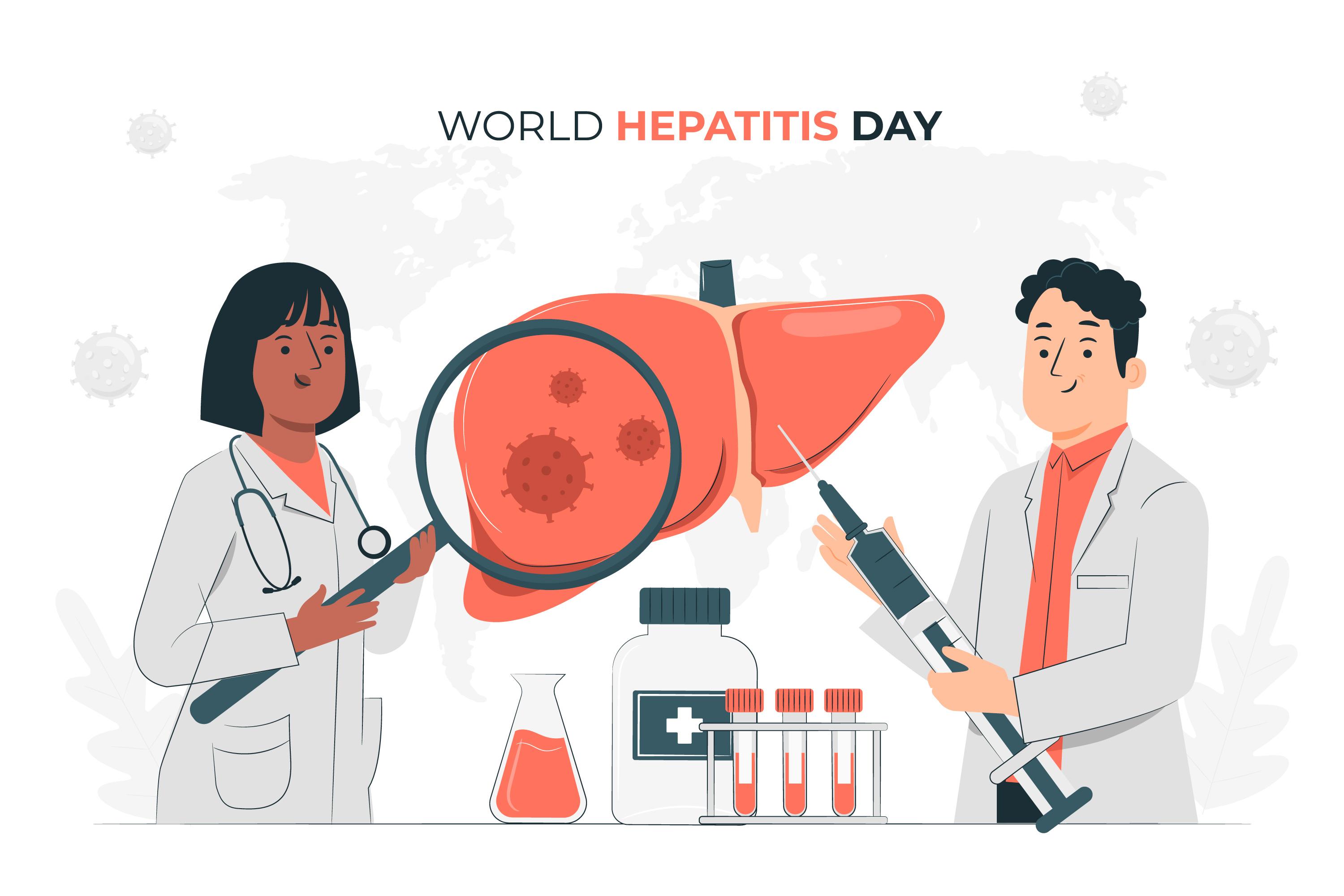
Written by Joseph Addo
It’s all about Hepatitis awareness today and we need to abreast ourselves with all that we can to help avoid this disease.
All organs of the human body have diseases that affect them and the Liver is no exception, though it’s one of the least mentioned internal organs. You can actually forget you even have a Liver. When a person is asked to list some internal organs, the most common to mention would be the:
- stomach (especially if you love food)
- the heart (the source of our heartbreaks)
- the brain (the thinker)
- the lungs (you can’t breathe without it)
- the kidney (mostly because you pee)
- the intestines and probably the Liver
Most people would hardly be able to point out the general function of the Liver because we don’t really feel its work like the others mentioned above, so today, we explore a bit about the Liver and it’s most common disease.
The Liver
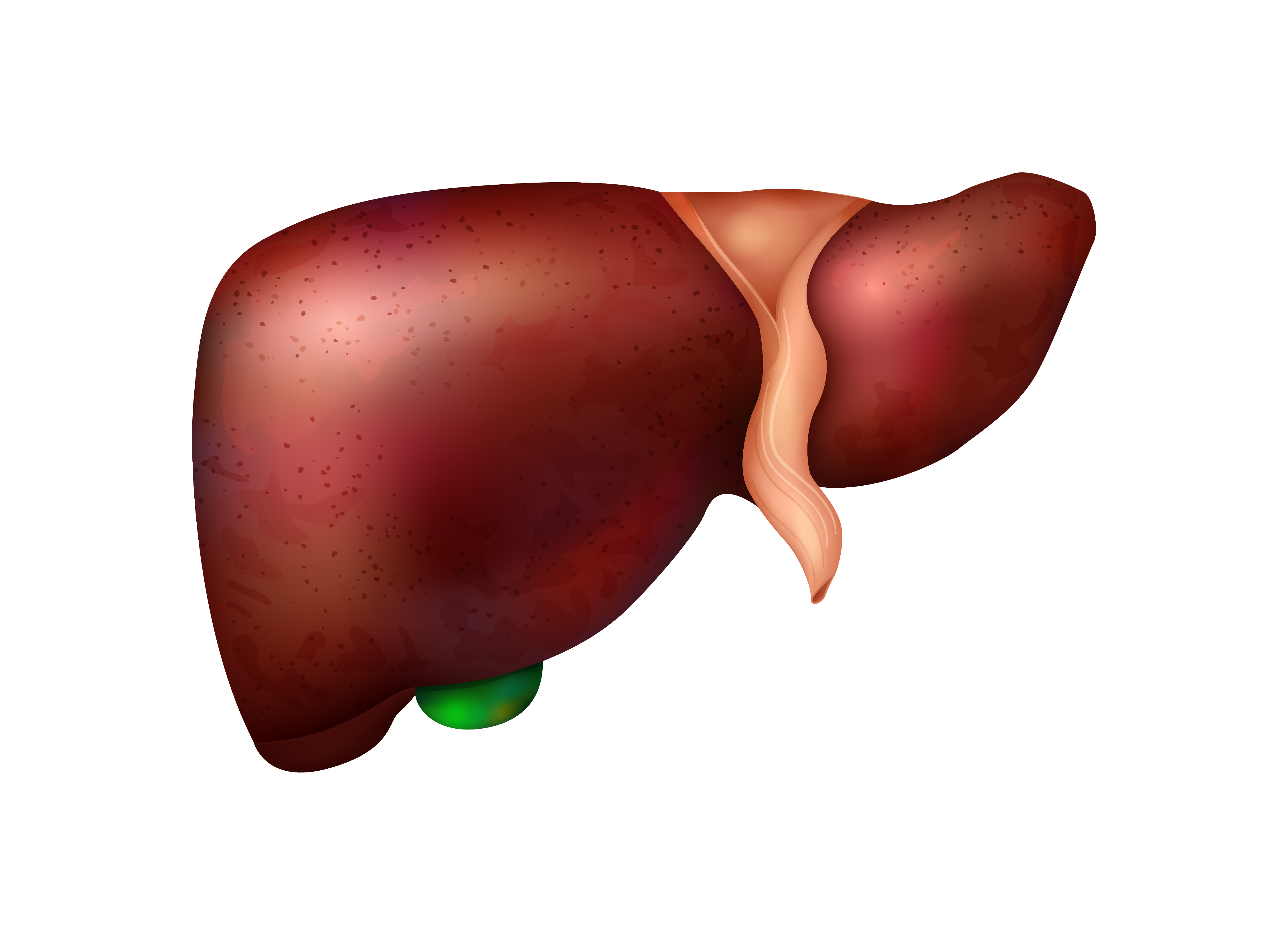
This is the largest and heaviest (Did you know this?) solid internal organ followed by the brain and according to Centers for Disease Control and Prevention, is about the size of an American football. The Liver is mostly located in the upper right part of the abdomen but extends a bit to the left upper part. Its major function is to make sure the body remains detoxified (thus, free of poisonous or toxic threats). Hence, all substances that enter the body must pass through the Liver; be it food, drink, medicine, even the blood in the body passes through the Liver for filtering. Worn-out cells, toxins and most waste in the blood are expelled by the Liver. As we can see, the Liver has a very big job to do and it would be very deadly to have it destroyed or damaged.
Diseases such as Autoimmune hepatitis, Liver cancer, Cirrhosis and Liver failure, all affect the Liver and can be all really deadly, but they will be a topic for another day.
So…what is Hepatitis?
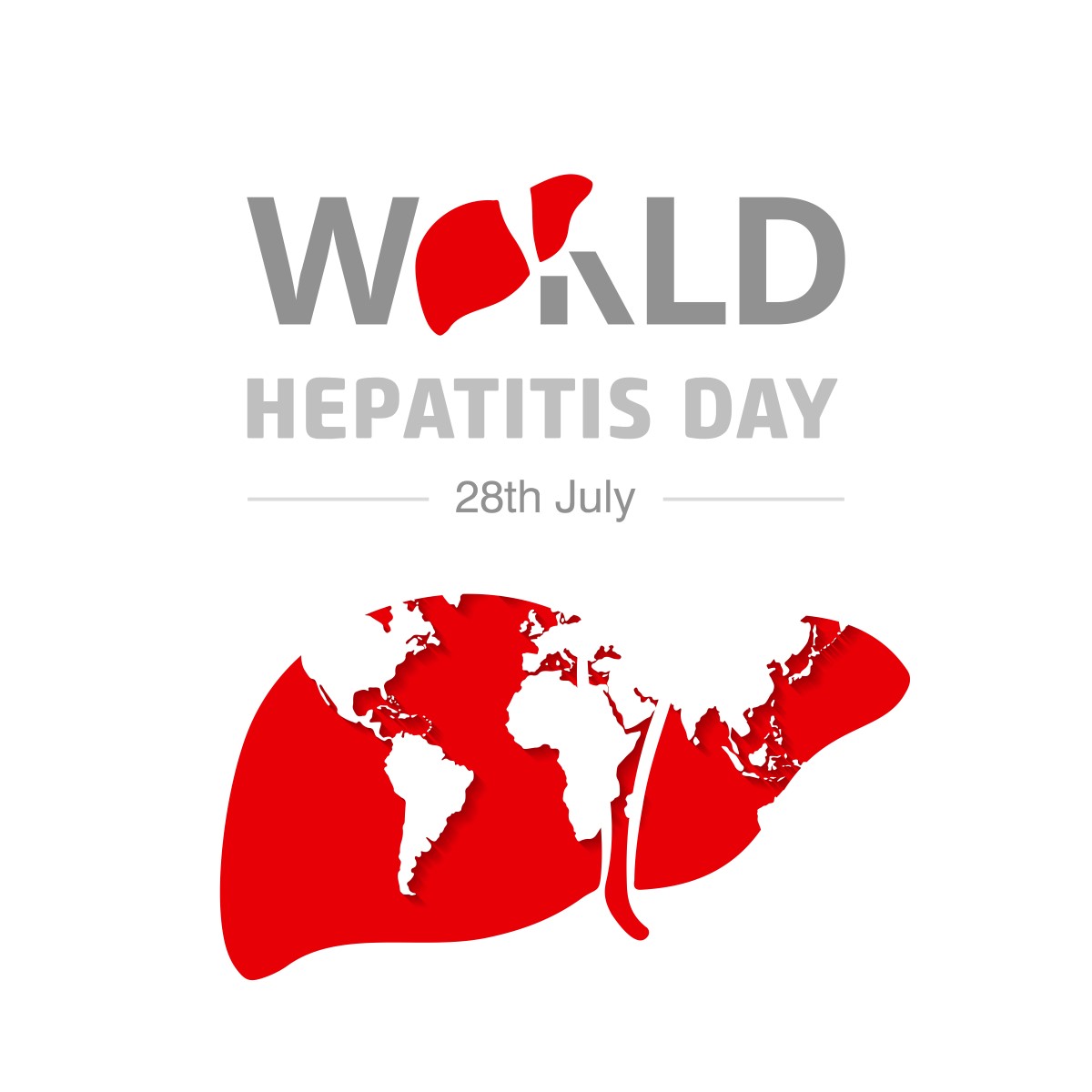
Hepatitis is simply the inflammation of the Liver and it is mostly as a result of viral infections but can be caused by other factors such as drugs, alcoholism, medication, toxins and other medical conditions.
Hepatitis is categorised into five classes and each of these class of Hepatitis is caused by a different virus. They are;
Hepatitis A:
This is considered an acute, short-term condition caused by the Hepatitis A Virus (HAV) and it is mostly waterborne.
Hepatitis B:
One of the most common form of this disease caused by the Hepatitis B Virus (HBV) and is mostly long-term or chronic. It is transferred through bodily fluids, blood, semen and vaginal secretions.
Hepatitis C:
The other most common form of this disease which is caused by the Hepatitis C Virus (HCV) and is also considered long-term or chronic. People who are affected do not usually know they have the disease but it is also transmitted through body fluids, blood, semen and vaginal secretions.
Hepatitis D:
This is a rare kind of Hepatitis which only affects anyone infected by the Hepatitis B Virus (HBV) and is transferred by coming to contact with blood containing the Hepatitis D Virus (HDV).
Hepatitis E:
This type of Hepatitis is usually common in poorly sanitized areas and is transmitted by taking in faecal matter containing the Hepatitis E Virus (HEV). This usually happens when you ingest contaminated food or water.
The World Health Organisation estimates that about 354 million people currently live with chronic Hepatitis B and C worldwide… Scary right?
How do I know I have Hepatitis?
Typically, each type has its own symptoms but here are some generally common symptoms of Hepatitis:
- Fatigue
- Unexpected weight loss
- Signs of Jaundice i.e. yellow eyes and skin
- Pale stools
- Loss of appetite
- Flu-like symptoms
- Abdominal pain
- Darkening of the urine
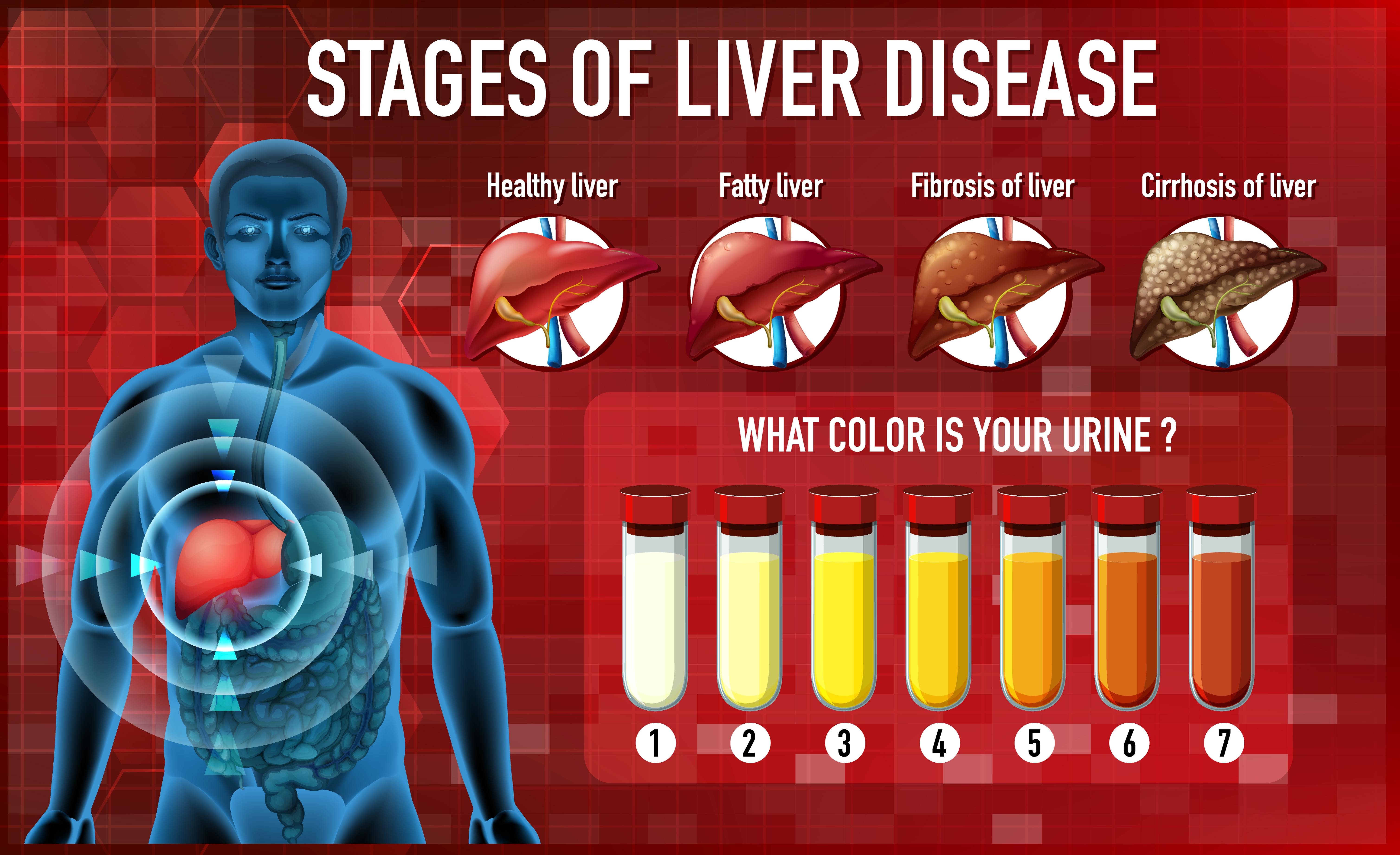
How do I avoid it?
Hepatitis can be prevented by the following means:
- Getting vaccinated for Hepatitis A, B and D. Hepatitis C and E have vaccine as it stands, hence protect yourself with what is available.
- Practicing effective hygiene is also a good way to prevent contracting the Hepatitis A and E viruses as they are more common in areas with poor sanitation especially in water.
- Minimizing contact with substances and even persons is advised as the viruses can be transmitted through bodily fluids, water and foods containing these infectious agents.
- Avoid sharing needles, razors, toothbrushes, or even touching spilt blood with naked parts of the body.
- Engaging in sexual intercourse with an infected person can lead to the transmittance of the disease. Please avoid this.
- Whether or not you already have Hepatitis B or C, avoid alcoholism as it can accelerate Liver disease and failure. Certain supplements and medications can also affect Liver function so check with your doctor before taking any new medications.
- And please eat hygienic and nutritious foods, I can't stress on this enough.
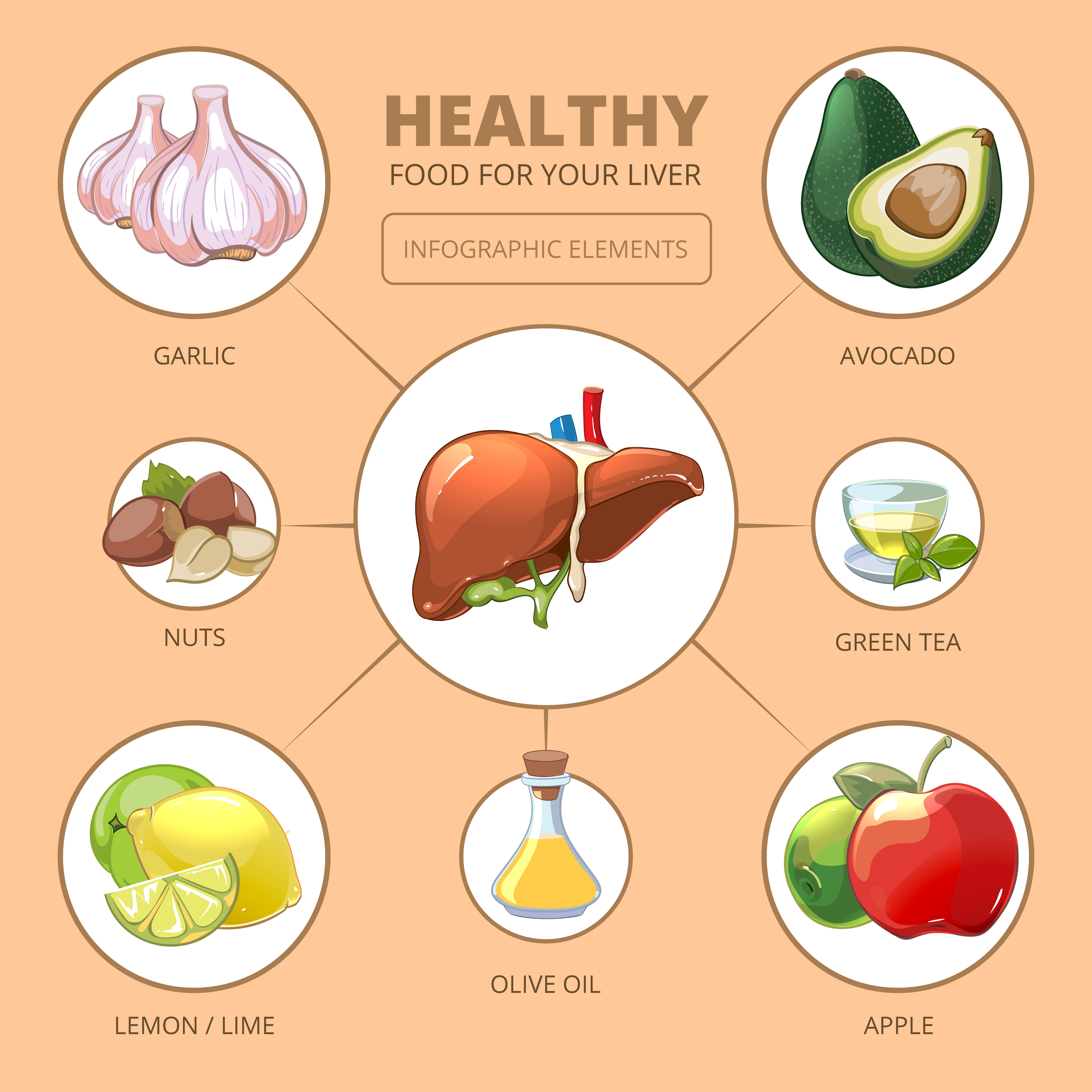
Finally…
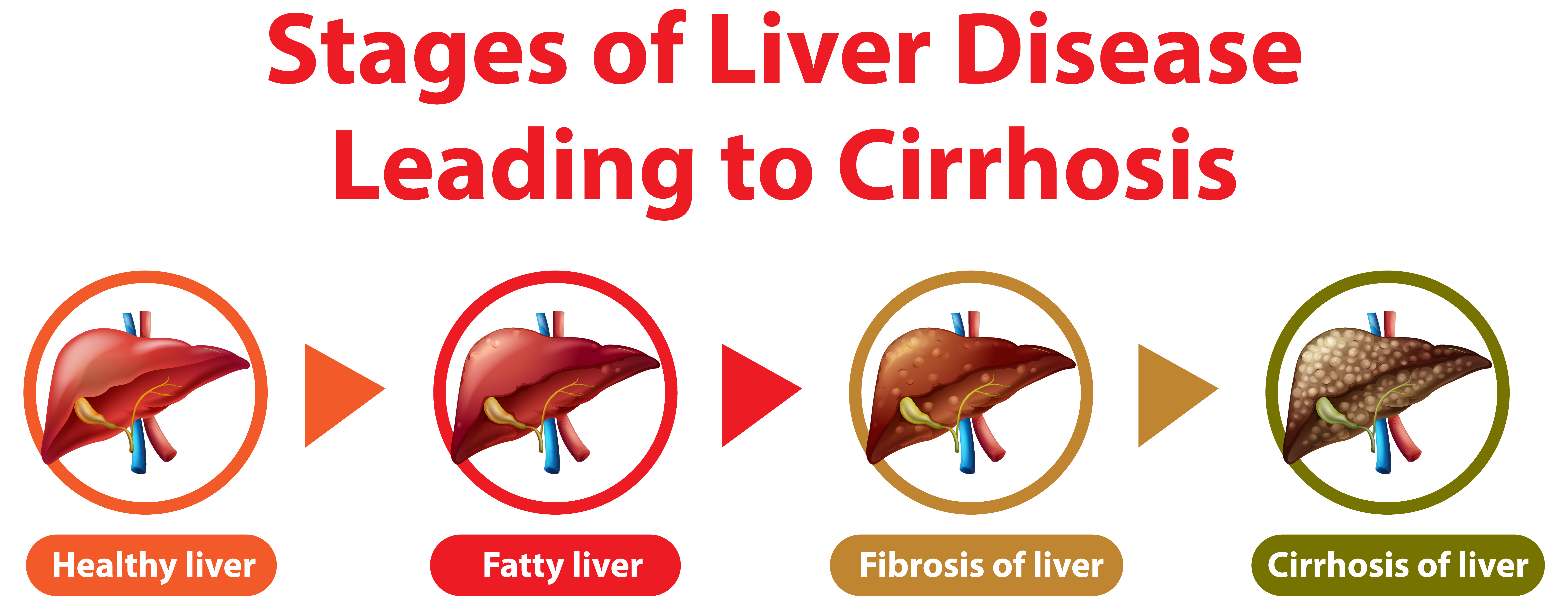
People affected by chronic Hepatitis B or C are at risk of worsened issues such as Liver cancer, cirrhosis and chronic Liver disease. Don’t forget to visit a health centre or right here on your phone consult our doctors for help when you don’t feel too good. Pharst Care, the pharmacy is in your pocket. Stay alive.
Feel free to share on any platform
Similar Blogs
Anonymous Comments
We DO NOT record comments with the users who posted them.



